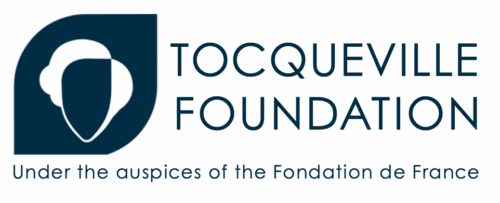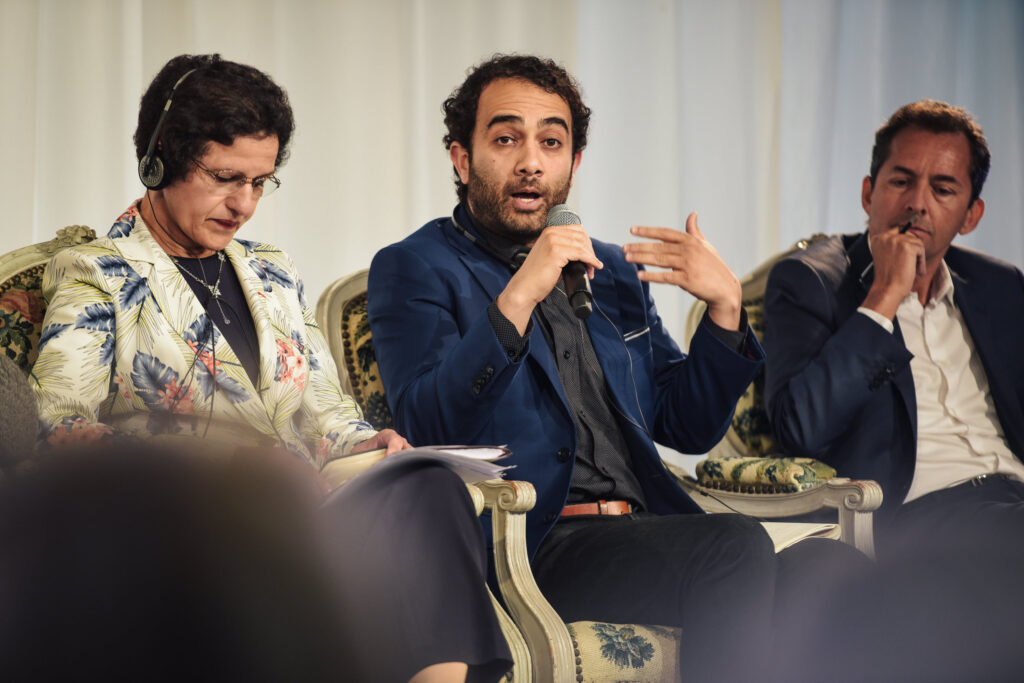You can find the program in French here, and in English here.
June 28-29, 2019
Given the enthusiastic support expressed after the first event for a continuation of the Conversations, and in light of the growing ideological and geopolitical crisis unravelling worldwide, we decided to continue this transatlantic adventure, and held the second edition of the Tocqueville Conversations on the 28-29 of June 2019, just after key European parliamentary elections.
In our first edition, we had focused on Western Democracy in the twenty-first century, and on the various internal and external threats posed to it. Our concern was whether elites were so out of tune with the citizenry that a « populist » revolution might be right around the corner – an idea confirmed by the sudden revolt of the French Gilets Jaunes a few months later. This theme would still be on our minds.
But in 2019, we wanted to address the crisis of democracy from a different perspective, by focusing our gaze on « The Future of Nations ». For years, nations seemed condemned to become ever weaker. The nation was a dying concept, destined to melt away. The emergence of supranational institutions and transnational structures undermined the very sovereignty of the nation states. Nations, however, seem to be making a comeback these days as the « Home to defend » from the disruption of globalization. We need look no further than the America First, Italy First, and « Brexit » Movements for confirmation. Nations are suddenly being seen as a protective structure in a world where nothing seems stable.
Our purpose, therefore, was to evaluate the relevance of nations in tackling the multiple challenges facing our democracies, giving a special focus to the big issue of the moment, immigration and borders. Coming just after the results of the European elections, this concern was particularly relevant. We also devoted attention to the role of nations in the international system, and the limits to that role, in our new and growingly abrasive multipolar world. We took a special look at the relationship between nations and global business. We also addressed the relevance of the Western world and the transatlantic relationship, as their position and democratic systems are becoming more and more challenged by rising authoritarian regimes.

